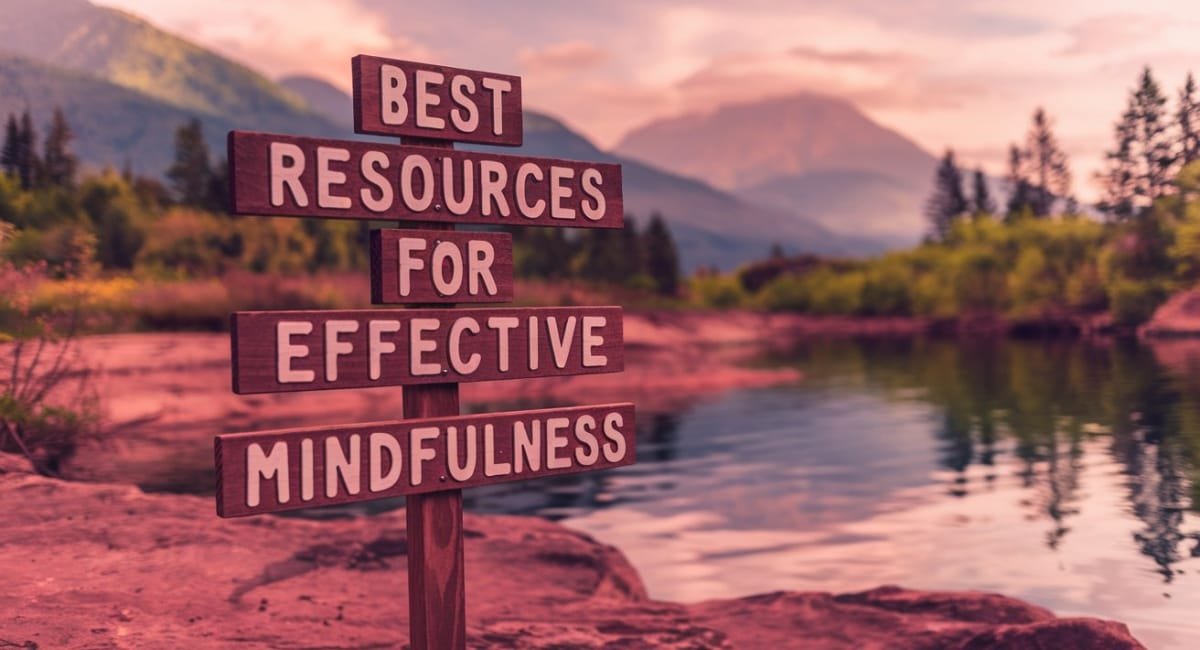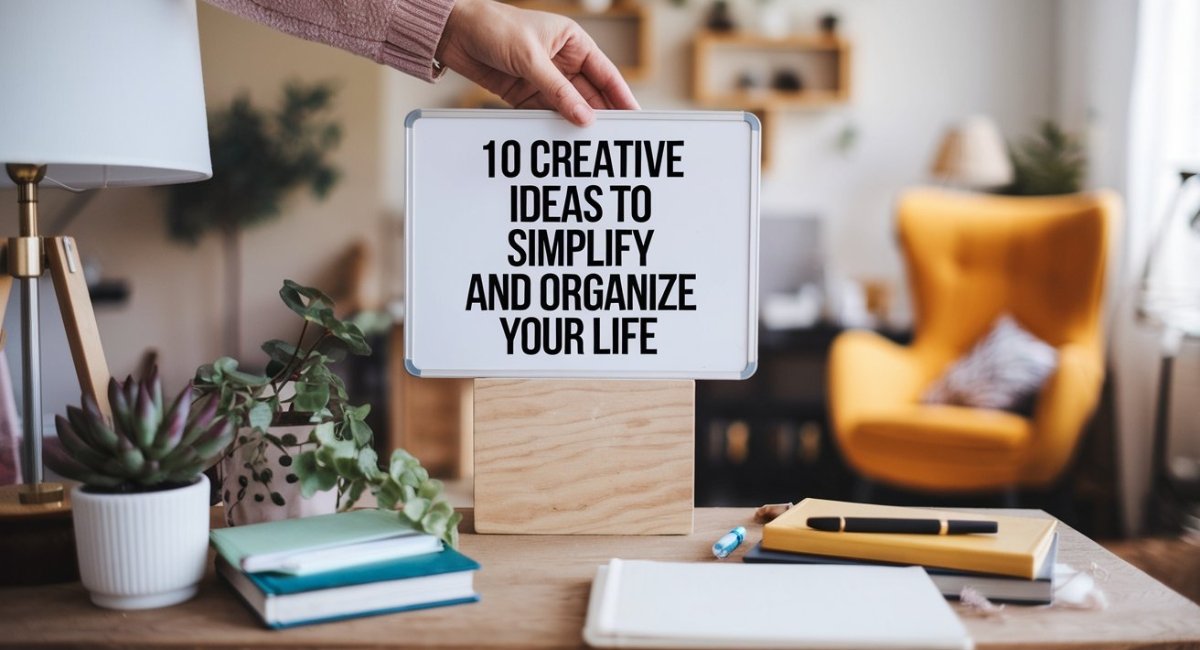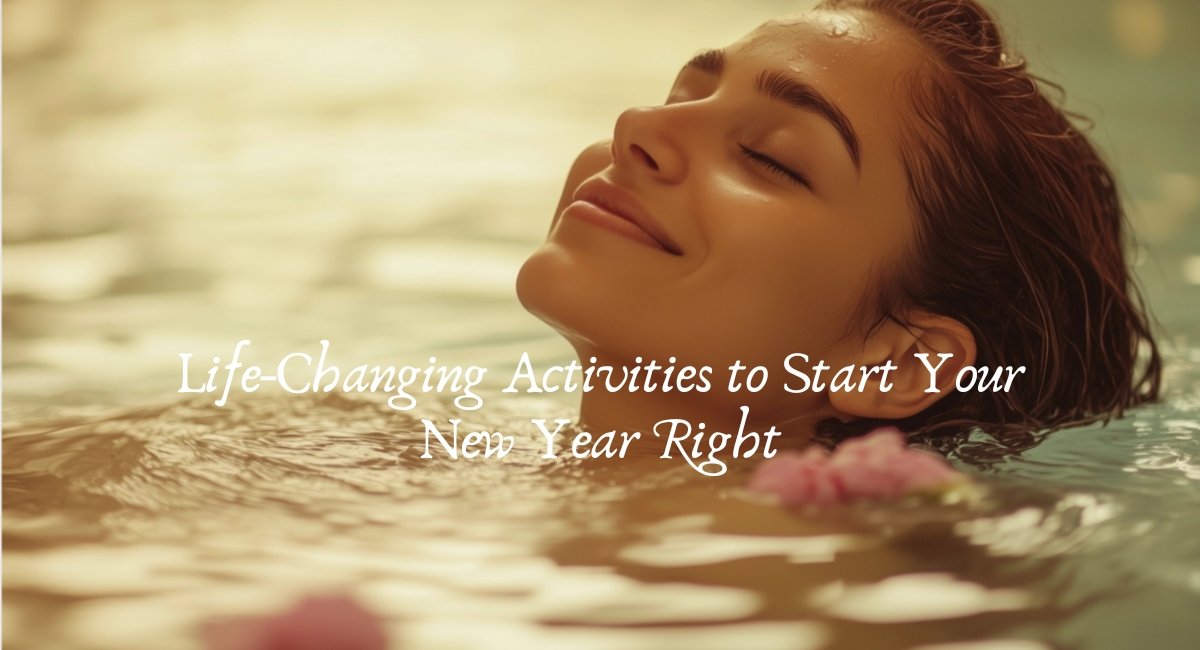Best Resources for Effective Mindfulness
This post contains paid and/or affiliate links. I make a small commission at no extra cost to you. Please see our Privacy Policy.
Mindfulness is the key to being fully in the moment. It means being aware of what we’re doing and where we are. It helps us stay calm and not get overwhelmed by stress.
Everyone has mindfulness inside them, but making it a habit helps a lot. You can practice it alone or with others. There are also special programs like Mindfulness-Based Stress Reduction (MBSR) courses in the U.S.
This article will show you the best ways to learn mindfulness. You’ll find out about in-person courses, apps, books, podcasts, and guided practices. These tools can help you live a more mindful life. They can make you feel better mentally, reduce stress, and bring you peace.
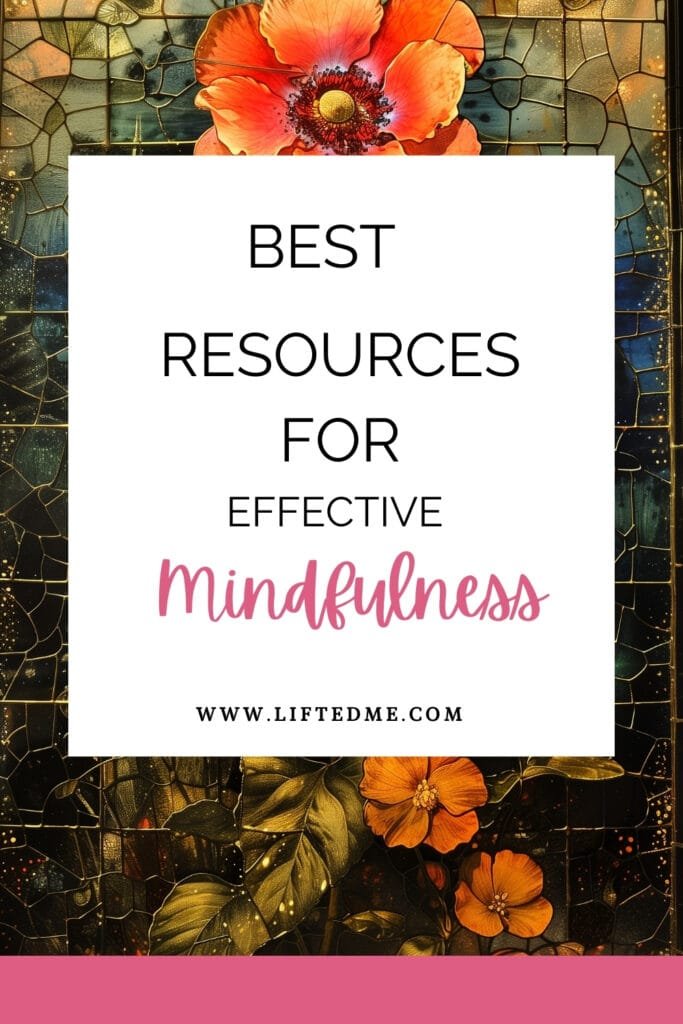
What is Mindfulness?
Mindfulness is a powerful practice that helps us cultivate non-judgmental awareness of the present moment. It teaches us to watch our thoughts, feelings, and physical sensations with curiosity. This way, we can see the world around us clearly, without our usual mental filters.
Defining Mindfulness
Mindfulness means paying attention on purpose, in the present moment, and without judgment. It’s not about stopping our thoughts. Instead, it’s about learning to notice them without getting lost in them.
Beginner’s Mind: Cultivating Openness
Being mindful means having a beginner’s mind – being open, curious, and free from preconceptions. When we approach each moment with wonder, we see things as they truly are. This helps us understand ourselves and the world better, leading to more self-compassion, joy, and gratitude.
Benefits of Mindfulness Practice
Mindfulness practice is great for your mental health. It helps you understand yourself better by making you aware of your thoughts and feelings. This approach is as good as some medicines for fighting depression and is backed by experts in the UK.
Mindfulness for Mental Well-being
It can reduce stress and anxiety and increase happiness. Studies show it helps with anxiety and depression. It also helps with pain and improves sleep.
Developing Mindful Awareness
Mindfulness boosts emotional control, focus, and creativity. It makes you open to new experiences. This practice has been proven to make you healthier and happier.
“Mindfulness meditation encourages observing thoughts, emotions, bodily sensations, and external stimuli without judgment. The effects of mindfulness meditation tend to increase with more practice, with at least 20 minutes recommended for the mind to settle.”
It helps reduce stress and make you happier. It can ease heart disease, lower blood pressure, and help with chronic pain. Adding mindfulness to your day can lead to better health and a fulfilling life.

Types of Meditation Practices
Meditation has many forms, each with its own way to build mindfulness and peace. From the focused awareness of mindfulness meditation to the kind energy of loving-kindness practice, there’s a lot to explore.
Body scan meditation is a popular type. It involves paying attention to different body parts. This can help you know your body better and reduce negative thoughts. Vipassana meditation focuses on insight and understanding. It helps people see the true nature of reality.
- Mantra meditation uses a repeated word or phrase to calm the mind and help you relax.
- Sound meditation uses sounds or music to make a peaceful space for meditation.
There are many meditation practices to choose from, making it easy to find one that fits your needs. Whether you want to reduce stress, manage emotions, or connect more with the now, there’s a meditation style for you.
Best Resources for Effective Mindfulness
Starting a mindfulness journey can change your life, improving your mental health, emotional smarts, and happiness. There are many top-notch resources out there to help you learn and use mindfulness every day.
Mindfulness Apps and Audio Guides
Apps like Headspace, Calm, and Insight Timer offer guided meditations and exercises to help you live mindfully. They have free stuff to start with, and more premium stuff for deeper learning. Omvana is another great app with lots of free mindfulness audios.
Mindfulness-Focused Books and Podcasts
Books like “Mindfulness: A Practical Guide” by Mark Williams and Danny Penman can open your mind to mindfulness. Or, listen to podcasts like The Mindful Kind for tips on being in the moment.
Guided Mindfulness Exercises and Meditations
Use free resources like guided meditations on Mindful.org and at mindfulness centers. These can teach you various techniques, from focusing on your breath to scanning your body, to better understand mindfulness.
Using these best resources for effective mindfulness, mindfulness techniques, and mindfulness exercises daily can change your life. It can bring you mental clarity practices, emotional intelligence resources, and inner peace cultivation. -Start your journey and discover the power of present-moment awareness and stress reduction strategies for a more mindful living.
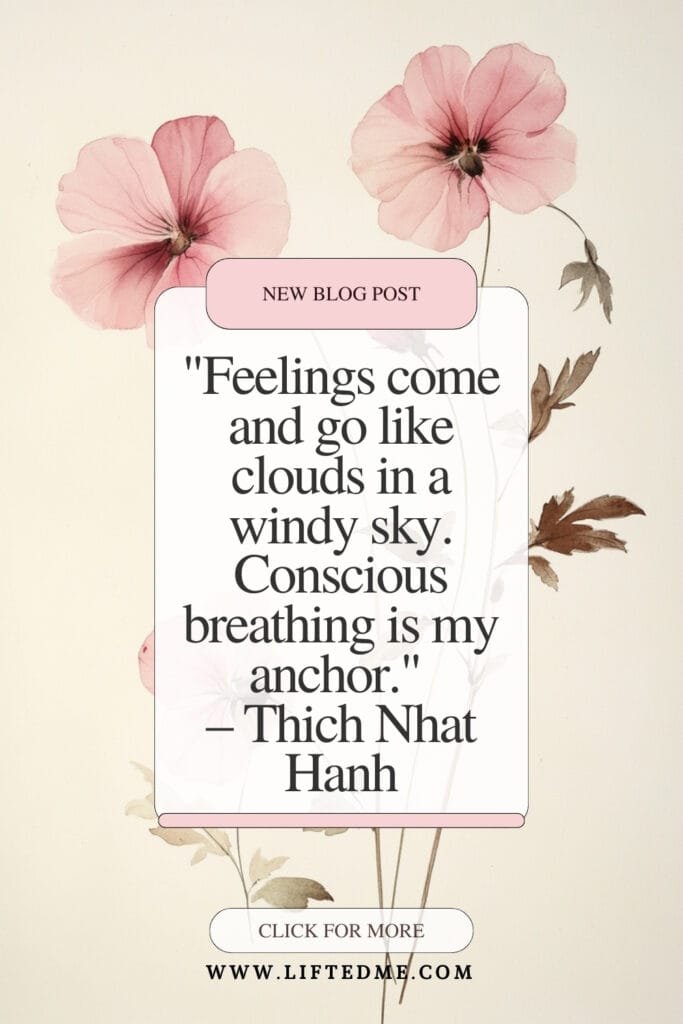
In-Person Mindfulness Courses
If you’re looking to explore mindfulness more deeply, in-person courses can change your life. The Mindfulness-Based Stress Reduction (MBSR) course is a top choice worldwide.
Mindfulness-Based Stress Reduction (MBSR)
The MBSR course mixes mindfulness practices like meditation and gentle movement with science. It includes meditation, stretching, group talks, personal guidance, and homework. Studies prove it boosts mental health and stress management.
Across the U.S., you can find MBSR courses for both new and seasoned practitioners. They’re great for learning mindfulness and reducing stress. MBSR focuses on hands-on practices in a supportive setting, aiming to improve your well-being.
Top Mindfulness Apps
In today’s digital world, finding mindfulness tools is easy, thanks to many mobile apps. Insight Timer and Calm are two top apps that help people start a mindfulness practice. They each offer special features to help users.
Insight Timer
Insight Timer is a meditation app with over 150,000 free guided meditations, music, and sounds. It has a huge selection of content from experts and teachers. Users can find meditations for stress, sleep, happiness, and more.
The app lets you follow your favorite teachers, track your progress, and connect with others. It’s a full-featured tool for mindfulness.
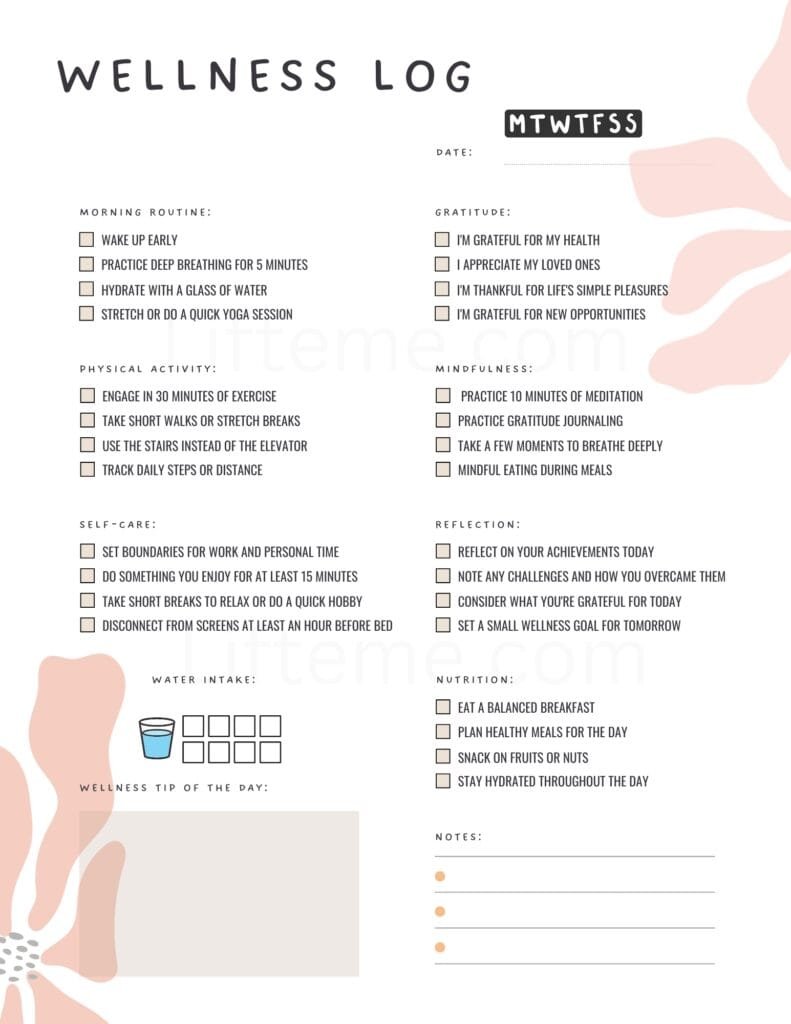
Calm
Calm is the top app for mindfulness and meditation. It has guided sessions from 3 to 25 minutes, fitting any schedule. The app covers topics like anxiety, stress, sleep, focus, and self-esteem.
Its design is easy to use, and it has sleep stories read by famous people. This makes it a favorite for improving well-being.
Whether you’re new to mindfulness or want to deepen your practice, Insight Timer and Calm are great choices. They offer powerful tools for better mental health and sleep.
Recommended Books on Mindfulness
For those looking to learn more about mindfulness, some books are truly standout resources. Three top picks offer deep insights and guidance. They are:
“Mindfulness: A Practical Guide” by Mark Williams and Danny Penman
“Mindfulness: A Practical Guide” uses the Mindfulness-Based Cognitive Therapy (MBCT) method. It blends meditation with neuroscience and psychology to boost mental health. This book gives a full plan for a lasting mindfulness practice. It’s great for both new and seasoned practitioners.
“Bliss More” by Light Watkins
In “Bliss More,” Light Watkins shares an easy way to meditate and be mindful. He clears up myths and gives tips for keeping up a daily practice. This book is full of practical advice for adding mindfulness to your everyday.
“I Am Here Now” by The Mindfulness Project
“I Am Here Now” by The Mindfulness Project is a guide and journal that encourages exploring the world with curiosity. It includes guided meditations and exercises. This book helps you become more self-aware and peaceful, making it great for mindfulness therapy and creative exercises.
These books offer different ways to approach mindfulness, from science-backed methods to simple daily practices and creative exploration.
They’re great for anyone, whether you’re just starting or have been practicing for a while. They offer new insights and techniques to deepen your mindfulness journey.
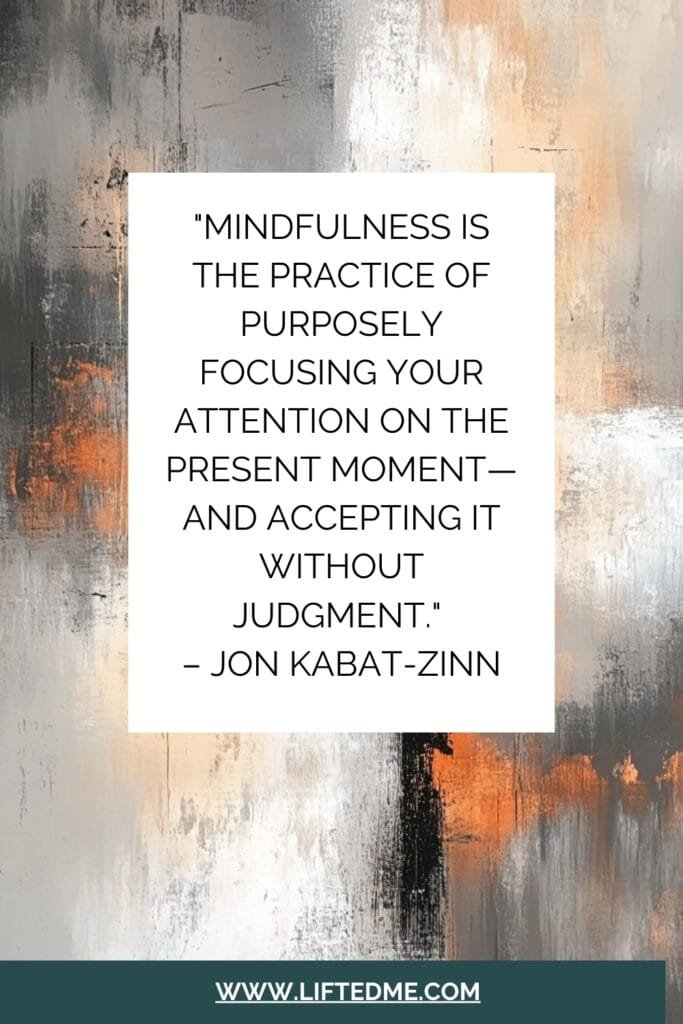
Mindfulness Podcasts
In today’s fast-paced world, finding moments of stillness is key. Mindfulness podcasts are a great way to add calm to your day. “The Mindful Kind,” hosted by Rachael Kable, is a top choice.
This podcast covers many mindfulness topics. It gives listeners practical tips to improve their mental health. Rachael shares her own journey, showing how mindfulness fits into daily life.
It doesn’t matter if you’re new to mindfulness or have been practicing for years. “The Mindful Kind” has lots of insights and practices. These can help you feel more present, less stressed, and more connected to yourself and others.
Mindfulness Podcasts for Mental Well-being
There are many great mindfulness podcasts out there. Here are a few:
- On Being with Krista Tippett, featuring deep talks with meditation teachers, artists, and activists
- The Science of Happiness, diving into happiness, gratitude, and bouncing back from tough times
- The Overwhelmed Brain, helping you handle social anxiety, emotional smarts, and growing personally
Listening to mindfulness podcasts can really help you. You’ll get better focus, manage your feelings better, and feel more peaceful. Start your mindfulness journey now and see how it changes you.
Guided Mindfulness Resources
There are many mindfulness apps, books, and podcasts out there. But, there are also guided mindfulness resources to help you on your journey. These include expert-led guided imagery and meditation practices. Plus, there are informative mindful websites and centers across the United States.
Guided Imagery and Meditations
Guided imagery and meditation are great for everyone. Places like the UC San Diego Center for Mindfulness and the UCLA Mindful Awareness Research Center offer top-notch guided audio and video. These help you focus, be more aware of the present, and feel calm and restored.
These resources are key for reducing stress and improving emotional well-being.
Mindful Websites and Centers
There are also many websites and centers focused on mindfulness in the U.S. They offer educational materials, classes, workshops, and even retreats.
These places aim to support your mindfulness journey. They have programs and resources for all levels of experience.
If you want to deepen your mindfulness practice or try new techniques, these websites and centers are great. They offer guided mindfulness resources, stress reduction, and emotional well-being support.
Practicing Mindfulness in Daily Life
Mindfulness isn’t just for meditation. We can bring it into our daily life easily. By adding mindful awareness to our daily activities, we can enjoy its deep benefits.
Formal and Informal Practice
Formal mindfulness practice like sitting meditation helps build our “mindfulness muscle.” It makes us focus more on the present and judge less. These practices are great for reducing stress and managing emotions.
On the other hand, informal mindfulness practice is about paying attention to everyday tasks. It can be while washing dishes, walking, or talking.
Adding mindfulness habits to our daily life helps us handle challenges better. We become clearer, calmer, and more aware of the present.
Integrating Mindfulness Habits
- Set mindfulness reminders throughout the day, such as stopping to take a few deep breaths before starting a new activity.
- Practice mindful eating by avoiding distractions and savoring each bite with all your senses.
- Incorporate mindful communication by listening attentively and responding thoughtfully, rather than reactively.
- Engage in mindful movement, such as a mindful walk or gentle yoga, to reconnect with your body and the present moment.
Adding these mindfulness habits to our daily lives can deeply improve our well-being, resilience, and joy. Start small and be patient with yourself as you build this practice.
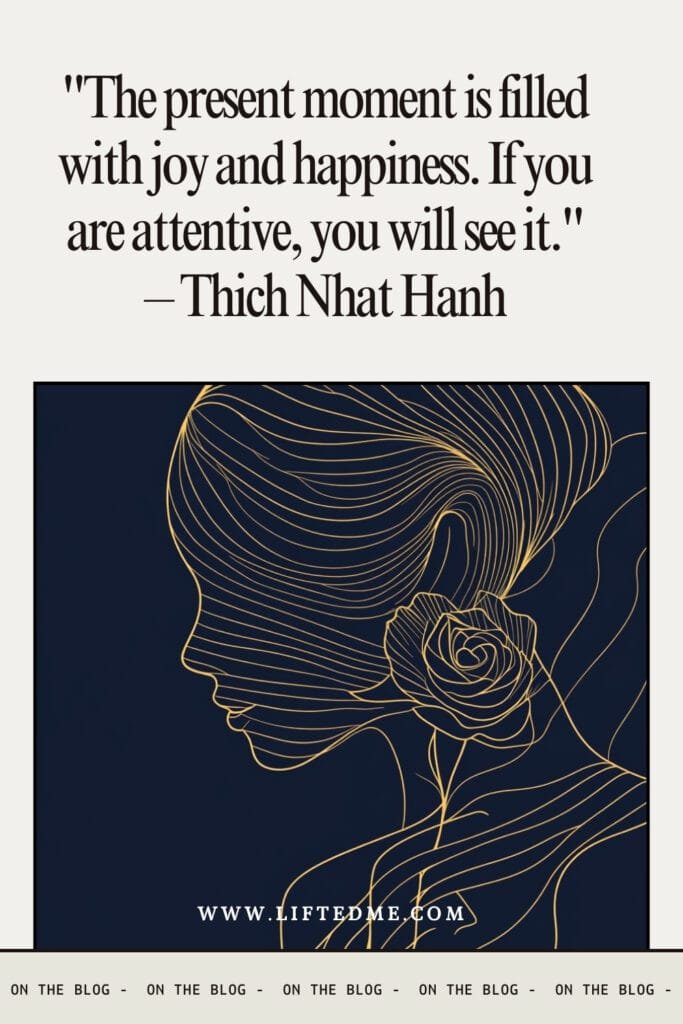
Conclusion
This guide has covered many top resources for learning mindfulness. It includes in-person courses, meditation apps, books, podcasts, and guided exercises. Now, readers have a great way to start or grow their mindfulness journey.
These resources help people stay in the moment, lower stress and anxiety, and boost mental health. They lead to more inner peace, clarity, and happiness every day.
Mindfulness is for everyone, no matter their background or experience. The tools shared here are a great start for anyone wanting to practice mindfulness.
Studies show that mindfulness helps healthcare workers feel less stressed and more satisfied with their jobs. It also helps working adults feel less stressed and improves health outcomes for patients.
Mindfulness-based Stress Reduction (MBSR) is one method that has proven effective in these areas.
FAQ
What is mindfulness?
Mindfulness means being fully present and aware of what we’re doing. It’s about noticing our thoughts without getting caught up in them. It’s a way to stay calm and open, without judgment.
What are the benefits of mindfulness practice?
Practicing mindfulness can make us feel less stressed and anxious. It helps us feel happier and more joyful. It also improves our focus, creativity, and how we handle our emotions.
What are the different types of meditation practices?
There are many types of meditation, like mindfulness meditation and body scan meditation. Loving-kindness meditation, Vipassana meditation, mantra meditation, and sound meditation are also popular. Each type has its own benefits and can be part of a mindfulness routine.
What are the best resources for effective mindfulness?
Good resources for mindfulness include classes, apps, books, podcasts, and guided exercises. These tools help people learn mindfulness and make it a part of their daily life.
How can I practice mindfulness in my daily life?
You can practice mindfulness in many ways. Formal practices, like meditation, strengthen your mindfulness skills. Informal practices, like being mindful during daily tasks, help you apply mindfulness to everyday life.
Source Links
- https://positivepsychology.com/mindfulness-exercises-techniques-activities/
- https://www.mindful.org/meditation/mindfulness-getting-started/
- https://thewellnesssociety.org/mindfulness-and-meditation/
- https://www.headspace.com/meditation/techniques
- https://hackerella.com/mindfulness-resources/
- https://psychcentral.com/health/everyday-mindfulness
